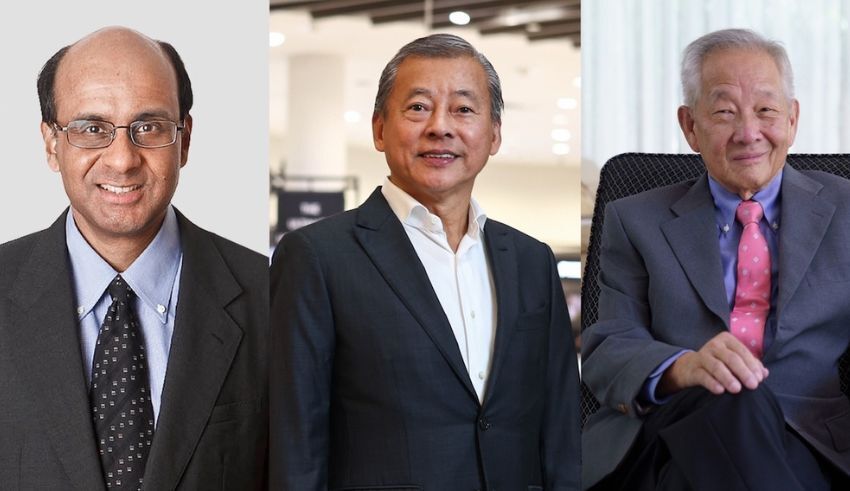
Singapore has revealed the trio of contenders vying for the largely symbolic position of president, marking the initiation of an electoral process that holds significance as a gauge of public sentiment towards the ruling party’s prolonged governance over the nation.
Diverse Candidates Set the Stage
The three candidates in the race include former Deputy Prime Minister Tharman Shanmugaratnam, 66, whose candidacy is seen as closely aligned with the People’s Action Party (PAP), although the party has no formal role in the election process. The other contenders are Ng Kok Song, 75, the former chief investment officer at sovereign wealth fund GIC, and Tan Kin Lian, 75, a former chief executive of insurer NTUC Income.
The upcoming election is viewed as a referendum on the enduring party that has governed Singapore for more than six decades. Recent setbacks, such as corruption inquiries and senior officials’ resignations, have dimmed the People’s Action Party’s standing. This electoral contest is poised to gauge the electorate’s sentiments amidst these challenges.
The elected candidate will succeed Halimah Yacob, who made history as Singapore’s first female president. In 2017, she was the sole contender to qualify for election after constitutional amendments sought to diversify the ethnicity of the presidency.
Keep Reading
With around three-quarters of the population being ethnic Chinese, and the remainder consisting of ethnic Malays, ethnic Indians, and Eurasians, Singapore is striving for ethnic representation. The criteria for presidential candidacy were altered to allow members of all ethnic groups to participate this year, in contrast to the 2017 election.
Over 2.7 million Singaporeans are expected to cast their votes on September 1st, marking the third presidential election since 1991 when public voting rights were granted. Due to stringent qualifying requirements, most previous elections resulted in uncontested outcomes, with only the 2011 and 1993 votes seeing competition.
The term of Singapore’s president lasts six years, and this election will determine the individual tasked with upholding the largely ceremonial role while reflecting the nation’s values and aspirations.




